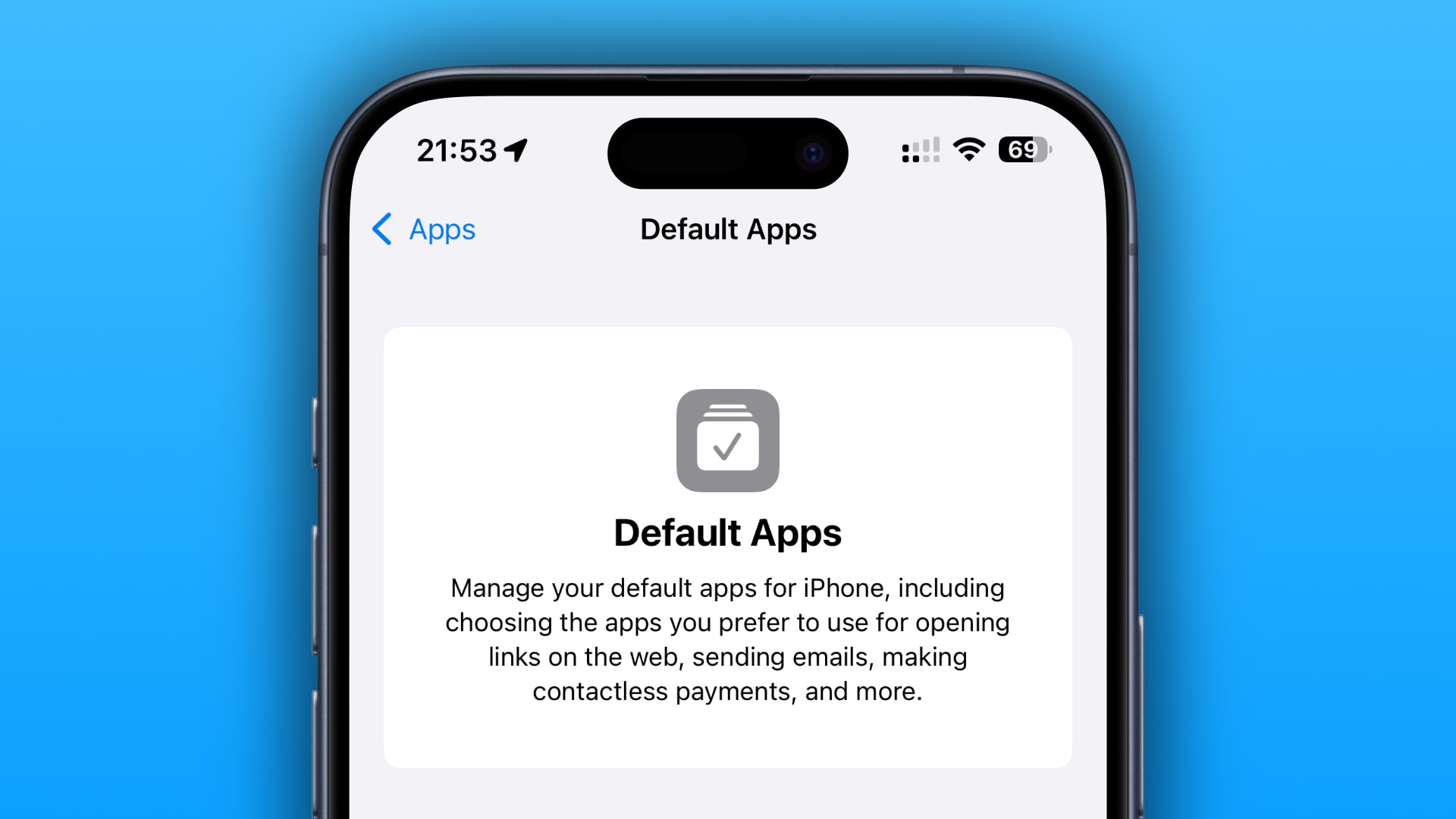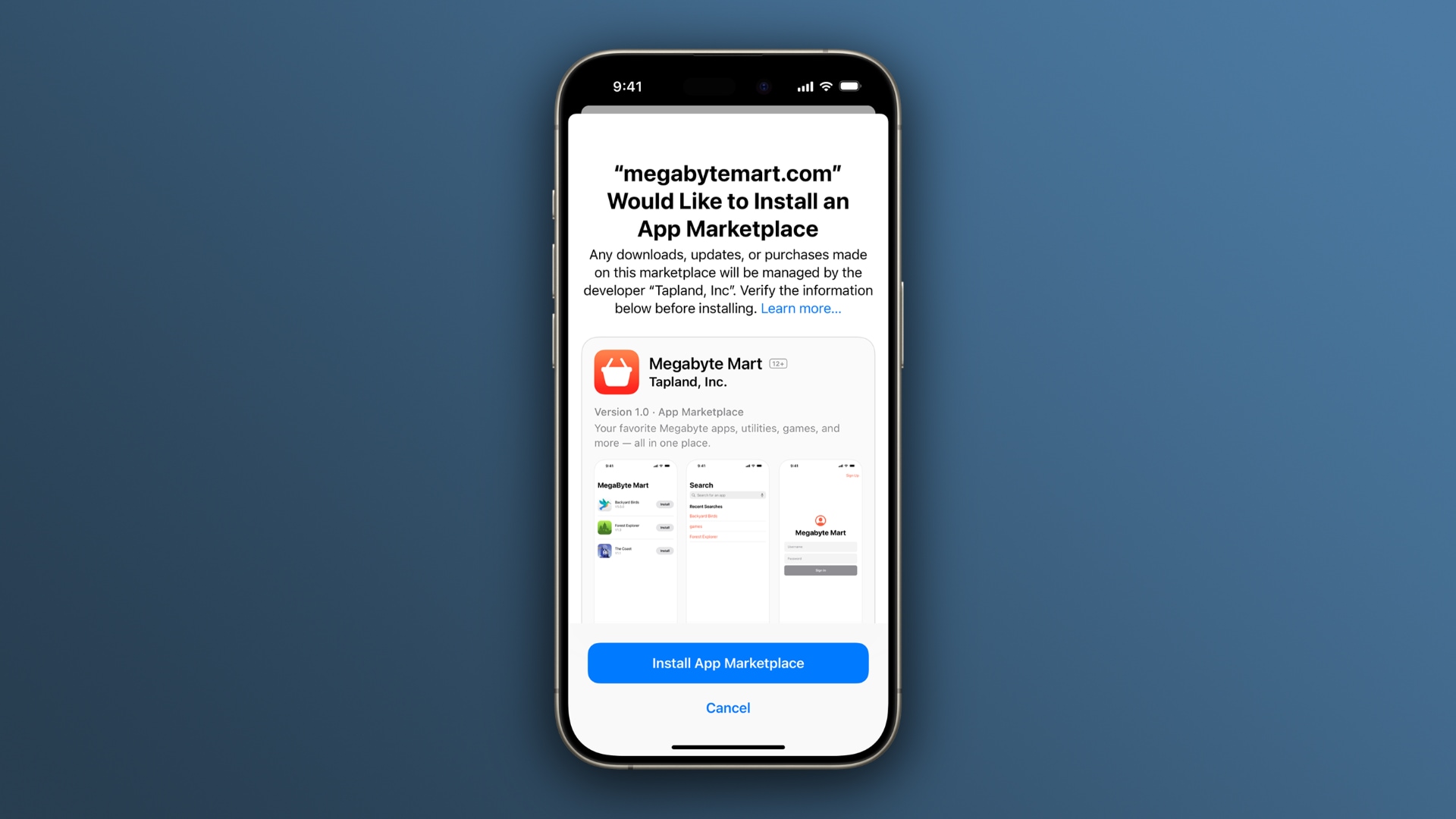EU slaps Apple with a hefty fine for violating the Digital Markets Act

Apple is fined for breaching the Digital Markets Act over rules preventing developers from telling iPhone users about cheaper web payments.

Today, the European Commission fined both Apple and Meta for violating the European Union’s Digital Markets Act. The Commission slapped the iPhone maker with a hefty fine of 500 million euros, which works out to about $570 million. Meta must pay a fine of 200 million euros, or about $230 million.
That’s peanuts to Apple, which earns more than $1 billion in revenue each day, on average. But the reputational damage Apple has suffered in the eyes of developers and its customers is immeasurable. This is the first penalty that the bloc issued against the American technology giant under the Digital Markets Act.
Apple fined for violating the EU’s Digital Markets Act
The Digital Markets Act says that gatekeepers like Apple must permit app developers who offer apps on the App Store to “inform customers, free of charge, of alternative offers outside the App Store, steer them to those offers and allow them to make purchases,” the European Commission wrote in today’s press release.
![]()
At the heart of the issue is Apple’s user-hostile anti-steering rule, which bars developers from even informing its customers about more affordable subscriptions and other payments that are available on websites. Apple imposes this rule to force developers to use its In-App Purchase mechanism, which lets it collect its fee.
By permitting developers to steer their users to these web payments, Apple would effectively rob itself of the proceeds via fees. As a result of Apple’s policy, you and I end up paying more when purchasing subscriptions in apps. This is also why apps like Netflix that have opted out of the In-App Purchase feature only display the login button without any explanation as to how to sign up for the service.
The Commission has ordered the Cupertino tech giant to “remove the technical and commercial restrictions on steering and to refrain from perpetuating the non-compliant conduct in the future,” which includes adopting conduct with an equivalent object or effect.
Default apps, browser choice screen
Separately, the Commission announced the closure of its probe against Apple over default app settings on iOS, the browser choice screen and the ability to uninstall any preinstalled apps, including core apps like App Store and Camera. Bureaucrats in Brussels found no wrongdoing on Apple’s part as the company adequately changed the process for setting a new default browser on the iPhone.
“Apple also made it easier for users to change default settings for calling, messaging, call filtering, keyboards, password managers and translation services on iPhones,” reads the decision. “A new menu now allows users to adjust their default settings in one centralized location, streamlining the customization process.”
“In addition, users can now uninstall several Apple pre-installed apps, such as Safari — a functionality previously unavailable,” the Commission wrote.
App sideloading and scare screens

The changes Apple previously made to permit alternative app stores in the EU and the ability to download and install apps directly from the web didn’t impress the European Commission. It found that Apple’s Core Technology Fee, which developers who sign up for web distribution must adhere to was basically put in place to disincentivize developers.
“Apple also introduced overly strict eligibility requirements, hampering developers’ ability to distribute their apps through alternative channels,” it wrote. “Finally, Apple makes it overly burdensome and confusing for end users to install apps when using such alternative app distribution channels.”
Apple will have a chance to respond to these findings and convince the European Commission that these scare screens that people in the EU see when trying to download apps from the web or use alternative app stores don’t actually breach the Digital Markets Act.
Meta’s “consent or pay” model
The Commission also fined Meta over its “consent or pay” advertising model in the EU, which gave Facebook and Instagram a choice between consenting to personalized advertising or paying a monthly subscription for an ad-free service. But Meta didn’t offer those who wouldn’t consent access to a less personalized alternative model that’s equivalent to the personalized ads service.
Both Apple and Meta are required to comply with the Commission’s decisions within 60 days> Otherwise, the companies risk “periodic penalty payments” that could reach up to approximately 0.1 percent of their respective annual revenue.
Last but not least, the Commission has leveraged the Digital Markets Act to force Apple to allow third-party alternatives to critical system features such as AirDrop, AirPlay, Apple Watch integration, seamless AirPods pairing and others in the name of interoperability, with these changes coming in iOS 19 and iOS 20.
Source link: https://www.idownloadblog.com/2025/04/23/european-commission-fines-apple-meta-digital-markets-act-breach/



Leave a Reply